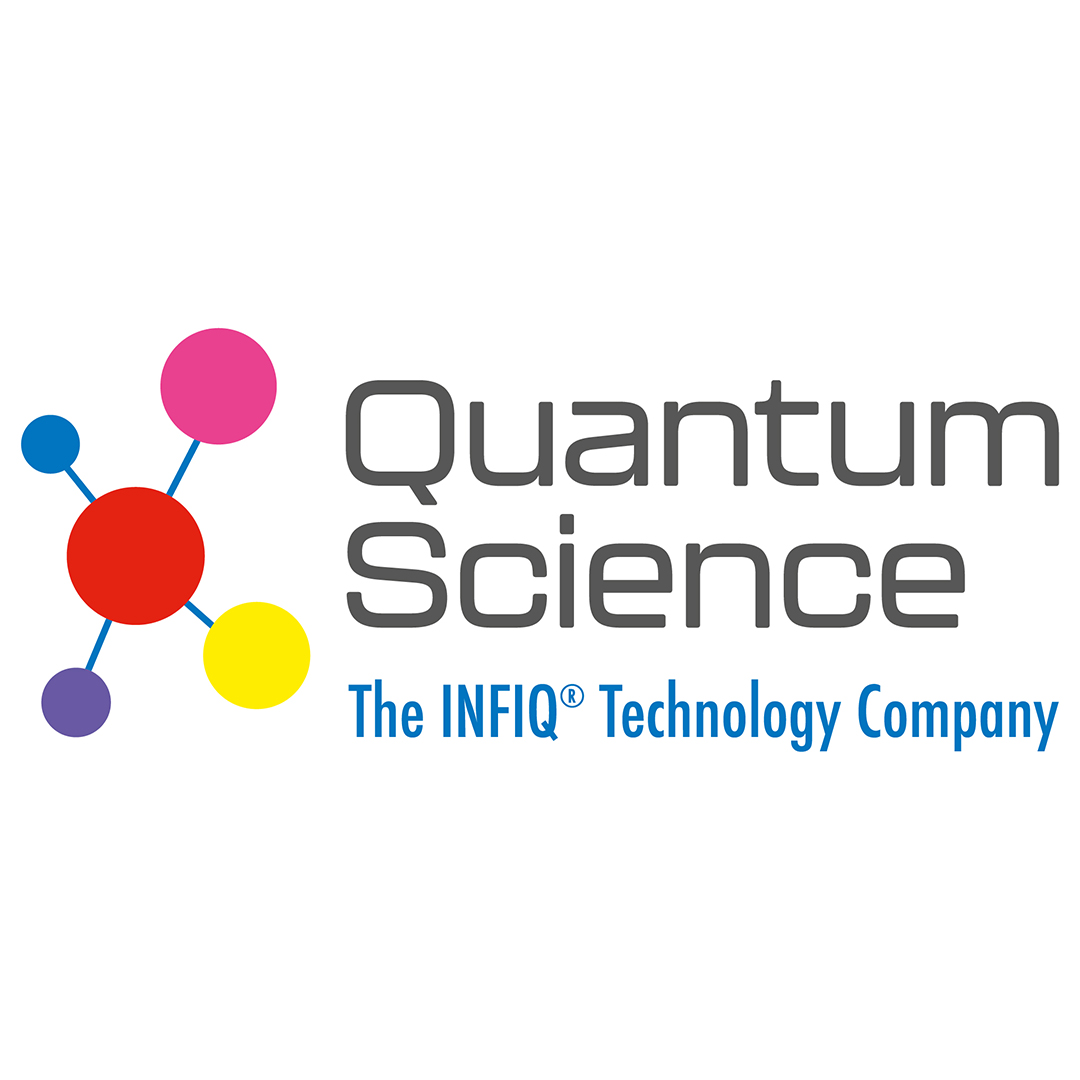Quantum Science Ltd

Project
Novel INFIQ® Lead-Free Infrared Quantum Dot Inks for Photovoltaic Applications
URL
About the project
Colloidal quantum dots (CQDs) with bandgap from visible to infrared (IR) range have received great attention for next-generation photovoltaics (PVs). The CQDs offer the advantages of efficient multiple exciton generation (MEG), tunable energy level, low cost and scalable solution process (such as slot die coating and inkjet printing for diverse substrates including glass and flexible plastics). The CQDs have high absorption coefficients, so the CQD thin films of a few hundred nanometres are sufficient to absorb infrared sunlight, which is barely harvested by conventional crystalline silicon solar cells (SCs) and other emerging PVs [1,2]. Incorporation of narrow bandgap IR CQDs with existing PV systems such as crystalline silicon and perovskites in a tandem cell structure can boost energy efficiency and density of the resultant SCs. Industry tandem solar cells based on the perovskites and IR quantum dots with efficiency over 20% have been reported by QDSolar Inc. [3].
To date, the record efficiency has been reported for lead-based nanomaterials which are restricted hazardous substances under RoHS Directive 2011/65/EU causing environmental and health concerns. In addition, the CQD active layers in the CQD SCs are commonly fabricated by using solid ligand exchange combined with multiple layer-by-layer deposition process, where each layer requires chemical treatment and washing to remove insulating bulky organic ligands to enable high nanocrystals packing density and charge transport. The costly process has been a major obstacle for the high-throughput processing. Moreover, the multilayer depositions create high probability of defects and challenges to achieve high uniform films for large substrates. Until now the solution-based CQD-SC fabrications have been mainly demonstrated in laboratory scales using small substrates.
UK-based innovator, Quantum Science Ltd (QS), has developed a new class of lead-free IR quantum dots (INFIQ(r) LF-QDs) that are eco-friendly and efficiently convert visible and infrared lights of the solar spectrum into electricity. This project aims to develop novel and scalable INFIQ(r) LF-QD inks, overcoming current CQD-SC mass production challenges. Lab-scale photovoltaic devices will be fabricated using the developed inks to demonstrate their performance, and cost effectiveness of the materials and process. The produced cells will be tested under 1 sun AM1.5 solar radiation, using solar simulator in QS device lab, and the champion cell will be validated externally.

